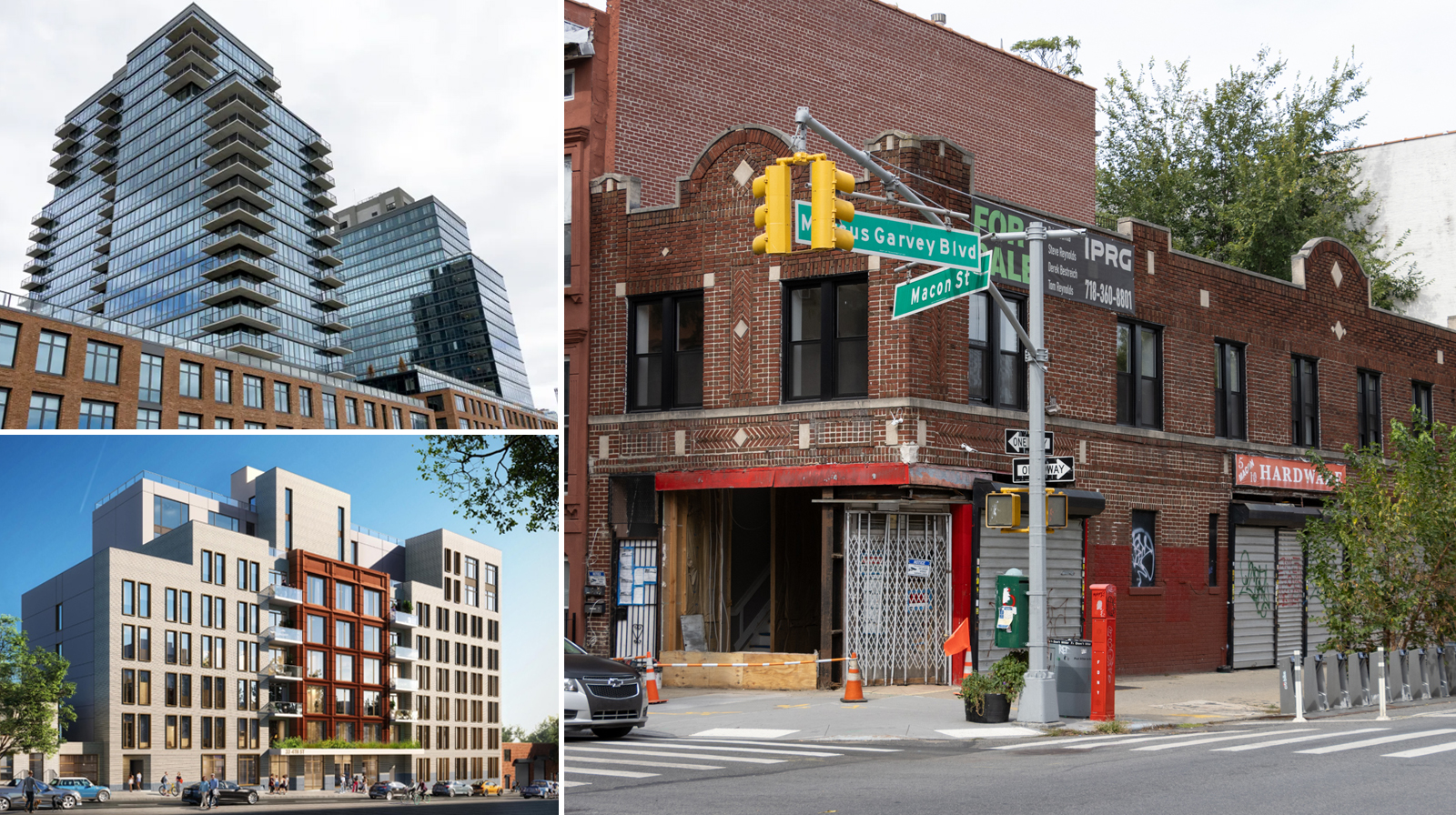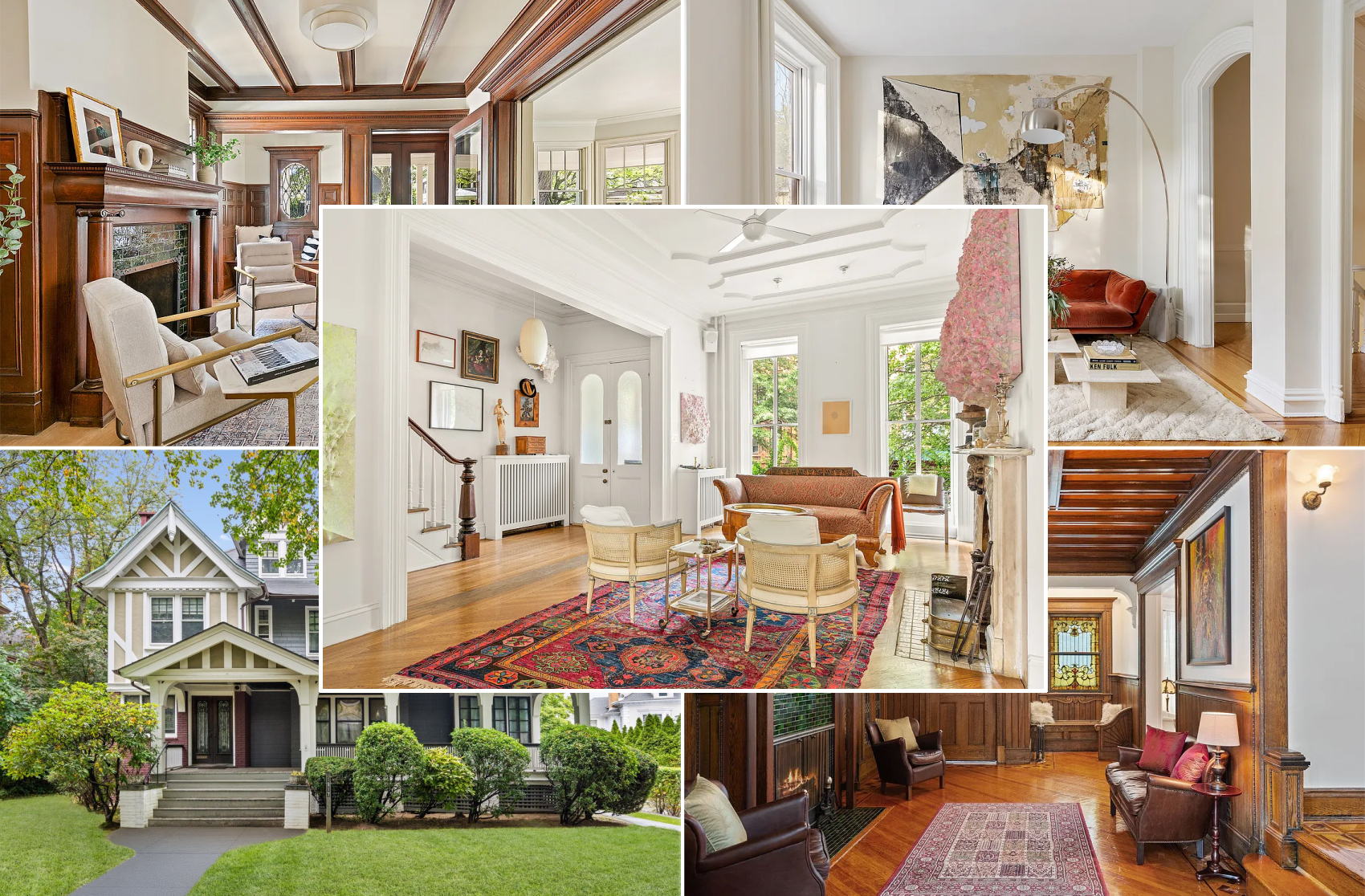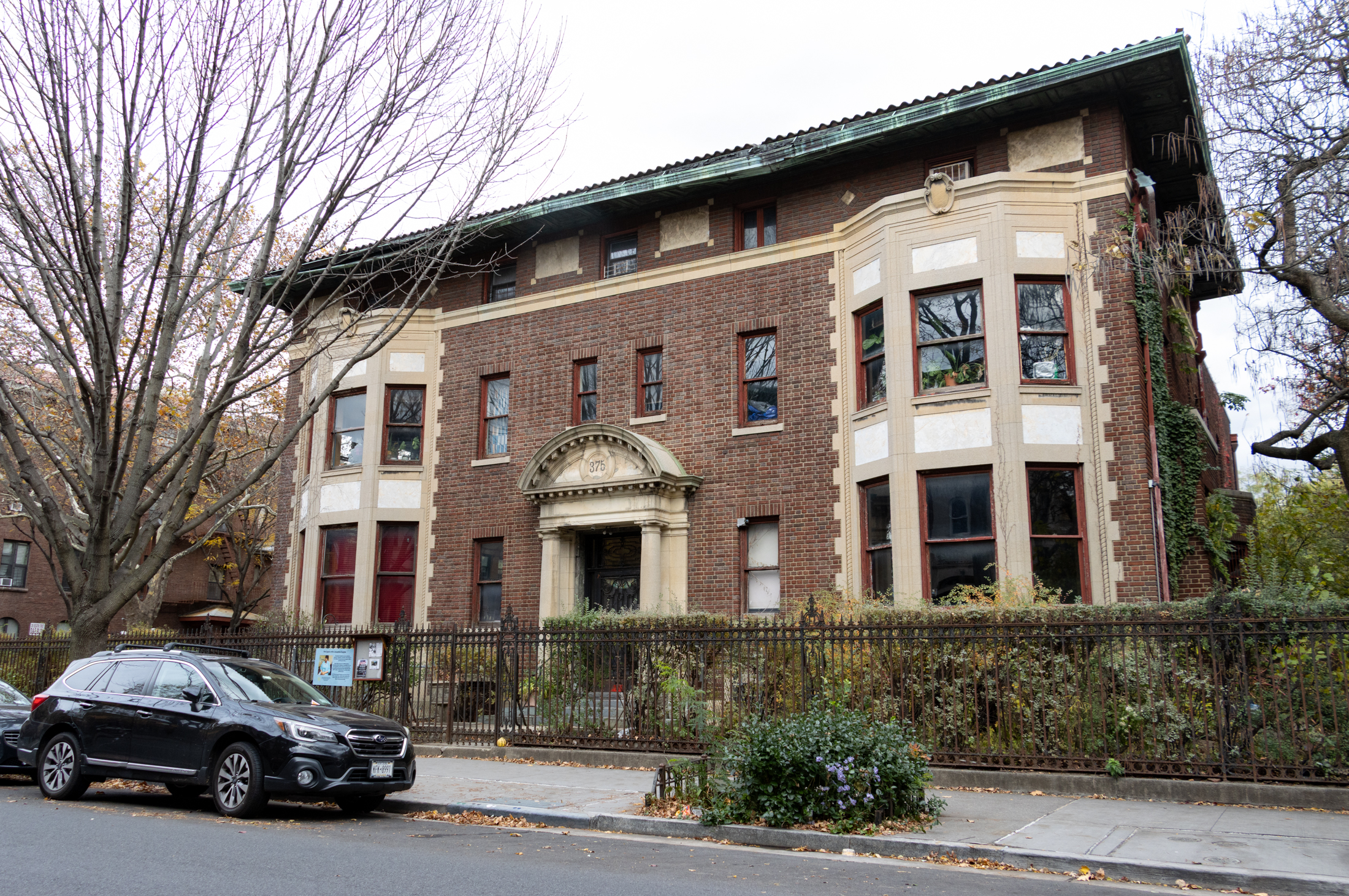Elliman: Brooklyn Market Improved in 2nd Quarter But...
Sales volume in Brooklyn leapt 20.4 percent between the first quarter and second quarter of 2009 and the median price of co-ops and condos ticked up 2.9 percent, according to a report out this morning from Prudential Douglas Elliman. “It suggests there was pent-up demand from unusually low activity,” said Jonathan Miller, CEO of real…


Sales volume in Brooklyn leapt 20.4 percent between the first quarter and second quarter of 2009 and the median price of co-ops and condos ticked up 2.9 percent, according to a report out this morning from Prudential Douglas Elliman. “It suggests there was pent-up demand from unusually low activity,” said Jonathan Miller, CEO of real estate appraiser Miller Samuel, which compiled the report for Prudential Douglas Elliman. Before everyone breaks out the champagne and declares the real estate market in recovery, though, the report also notes that volume was off 29.7 percent versus a year earlier. Prices were also down dramatically from a year earlier; for example, the average price of a one- to three-family home in Brownstone Brooklyn fell 15.9 percent. “Unemployment is still rising, credit has not loosened and we still have a very weak economic environment,” Miller said. Click on chart above for larger view.
Brooklyn Market Overview 2Q 2009 [Elliman]
Home sales in Brooklyn, Queens rise as prices tumble [NY Daily News]
Glimmer of Hope for Brooklyn Market [NY Post]





Dave,
These artificially low interest rates will be gone as soon as economy shows any kind of anemic growth to mop up huge amounts of freshly printed moneys our friends in Washington helicopter in. Combine that with still rising unemployment and the fact that many wall street and media/advertising jobs in NYC are gone for good and it doesn’t look bright for property values in NYC.
How about another little phenomenon of enormous amount of new condo construction that will be regurgitated at much lower cost basis and therefore prices after original builders default on their loans and properties repossessed and resold by banks at pennies on a dollar. It’s just beginning to happen in Williamsburg and parts of Queens but will be very widespread soon.
Brickoven, I am with Dave on each time IS different statement. Eventhough history does teach us something, there are always different factors involved.
Just like playing roulette…just because you have 20 red in the row, doesn’t mean that the next one is likely to be red. There is still 50/50 chance no matter what the history of the payout was.
BHt6…longer term, those rebates are very, very dangerous. Once a real estate tax abatement ends, the taxes will be significantly higher than comparable older properties. I think that is the least attractive of the selling points along with no history of building maintenance and a lack of a reserve fund.
Posted by: daveinbedstuy at July 16, 2009 10:27 AM
Dave, agreed. The problem is that brokers were able to make this sound appealing to essentially speculative buyers without the need to look 10-15 years into the future. I think the tax abatements are going to be a big problem for sellers of these new condos in the near future.
Name one cycle where mortgage rates were anywhere near this low. Even in the early 90s they were 7%+
dave name one cycle where peak to trough was less then 5 years? Its not an exact science and it does vary but there is a def range to play.
brickoven, one of my main points of contention in relying on what historical cyvles look like is that they never look exactly the same each time. For example, NYC does not now have the crime and other problems it faced in the 70s and 80s. The trough back then was very, very low for reasons that do not exist nowadays.
Each time IS different.
BHt6…longer term, those rebates are very, very dangerous. Once a real estate tax abatement ends, the taxes will be significantly higher than comparable older properties. I think that is the least attractive of the selling points along with no history of building maintenance and a lack of a reserve fund.
That said, newer places typically have more closet space and a better, more modern layout than many older builfings. They also have amenities like a gym, etc.
We can discuss a lot of different aspects of this but essentially not many condo comparisons among buildings are apples to apples.
Dave I said at least 3 years and that is based on historical real estate cycles since recorded history. Have you ever bothered to read about peak to trough timelines or are you still in denial? We are years away from any sort of uptick in NYC RE
> For the last year (but I suspect for much longer before that as well), new developments commanded a significant premium to re-sale. This makes perfect sense – (apart from antiques) you generally pay more for something new than something old and used.
Part of the higher price for the new condos is that they all have real estate tax rebates so the monthly cost (ex. mortgage) is MUCH less compared with older condos (not many) or coops.